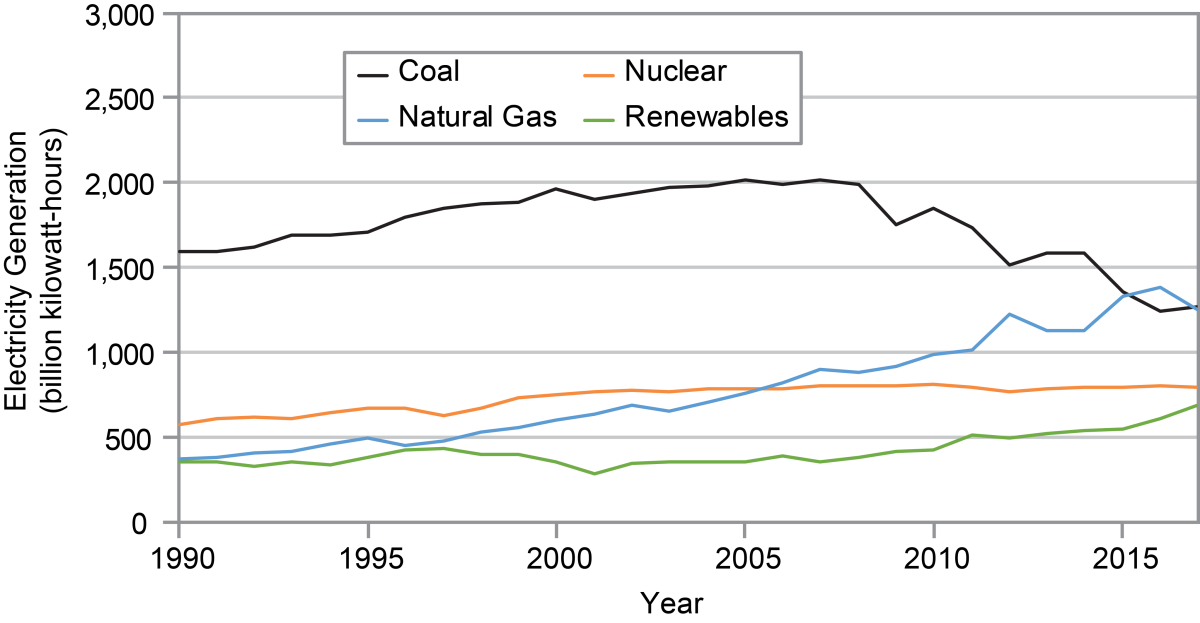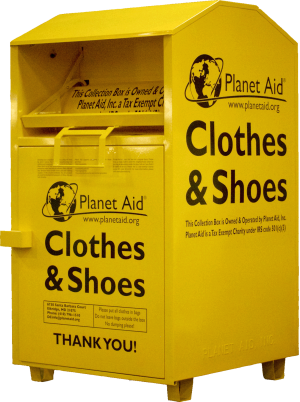Nowhere to Run from Climate Change
The Earth has reached a crossroads. According to numerous studies, reports, documentaries, and books, the planet is teetering on the edge of an abyss brought on by a changing climate. As with any potentially catastrophic threat, we have a choice: 1) give up 2) wipe it from consciousness and go into denial, or 3) take constructive action.
Planet Aid recommends the latter of the three choices. We also stand staunchly alongside others who believe that, though much work needs to be done, we can avert disaster.
Is it Really All that Terrible?
The Fourth National Climate Assessment: Volume II from the U.S. Government, released November 23, assesses the impact of climate change on all areas of the nation, from communities and ecosystems to the economy and infrastructure. It gives facts and figures that show the amount of greenhouse gasses that are still entering the atmosphere on a daily basis, it shows distressing photos of California lands burning from wildfires, and it shows how the poor will suffer more from the effects of climate change. All of that is cause for serious concern.
But the report also shows that coal use for electricity generation has almost halved in the past 10 years, and that renewables have had a great increase in the past 8 (see figure below). It shows that 455 U.S. cities support emissions reductions and 110 of them have emissions reduction targets. And it shows that in 2016, U.S. emissions were at their lowest levels since 1994, and that power sector emissions were 25 percent below 2005 levels.

The Emissions Gap Report 2018 from the United Nations, released just days after the National Climate Assessment, nods its head in full agreement. Both tell us that more must be done to roll back the clock on climate change, but all is not lost and it's certainly not time to give up.
Climate of Hope
Mike Bloomberg, entrepreneur, philanthropist, and three-term mayor of New York City, and environmentalist Carl Pope are working to create greater climate optimism through the new co-authored book Climate of Hope. The 2017 book is focused on what states, provinces, cities, business, and individuals are collectively accomplishing to save the planet.
Bloomberg believes that, with all the sensational news about the climate, people are losing sight of the positive developments. Writing in the online journal Medium about Climate of Hope, Bloomberg states, "Over the past decade we have made critically important progress that allows us to see something that we couldn't in 2006: a realistic path to victory."
Leading from Behind
Following the U.S's retreat from the Paris Agreement, 550 state legislators from 45 states representing over 298 million Americans decided to meet the Paris Agreement's terms, with or without the federal government, leading to many strides at the state level for climate change mitigation.
In a CNCB article by California State Senator Kevin De Leon and Washington State Senator Kevin Ranker, the authors state, "Climate change is real and it is caused by human activity. People around the world, here in our country, in our state, and in our own communities, understand this… We cannot afford to delay, so states are pressing forward with innovative policies to drive climate action."
The climate movement is growing stronger each day and there are too many examples to list here of all that has been accomplished. Fortunately, there is a new National Geographic Channel documentary, "Paris to Pittsburgh," that showcases that progress, telling the story of what citizens, communities, and businesses are doing to tackle climate change.
Old Problem, New Solutions
Bloomberg and Pope say that the debate about climate change needs to change in a fundamental way. "Instead of debating long-term consequences, let's talk about immediate threats," Bloomberg writes. "Instead of pitting the environment versus the economy, let's consider market principles and economic growth."
The recycling and reuse sector is one example where the environment and the economy intersect in beneficial ways. This sector has long been recognized as a valuable part of the U.S economy and helps to reduce greenhouse gas emissions by saving valuable resources. There is broad public support for recycling and reuse, and the U.S. now has an opportunity to grow the sector further by investing in domestic processing (up until very recently China had been importing a majority share of raw U.S. recyclables for processing).
 Planet Aid's business model is among those that score wins for the environment and the economy. We take unwanted textiles bound for the landfill and give them a new life. By saving these resources we help keep 350 million pounds of CO2 from entering the atmosphere, while also saving 510,000 cubic yards of landfill space and 130 billion gallons of water annually. At the same time, we create hundreds of good jobs in the U.S. and support the growth of developing economies overseas.
Planet Aid's business model is among those that score wins for the environment and the economy. We take unwanted textiles bound for the landfill and give them a new life. By saving these resources we help keep 350 million pounds of CO2 from entering the atmosphere, while also saving 510,000 cubic yards of landfill space and 130 billion gallons of water annually. At the same time, we create hundreds of good jobs in the U.S. and support the growth of developing economies overseas.
Join us in helping the environment and people by placing your unwanted textiles in a big yellow bin.
